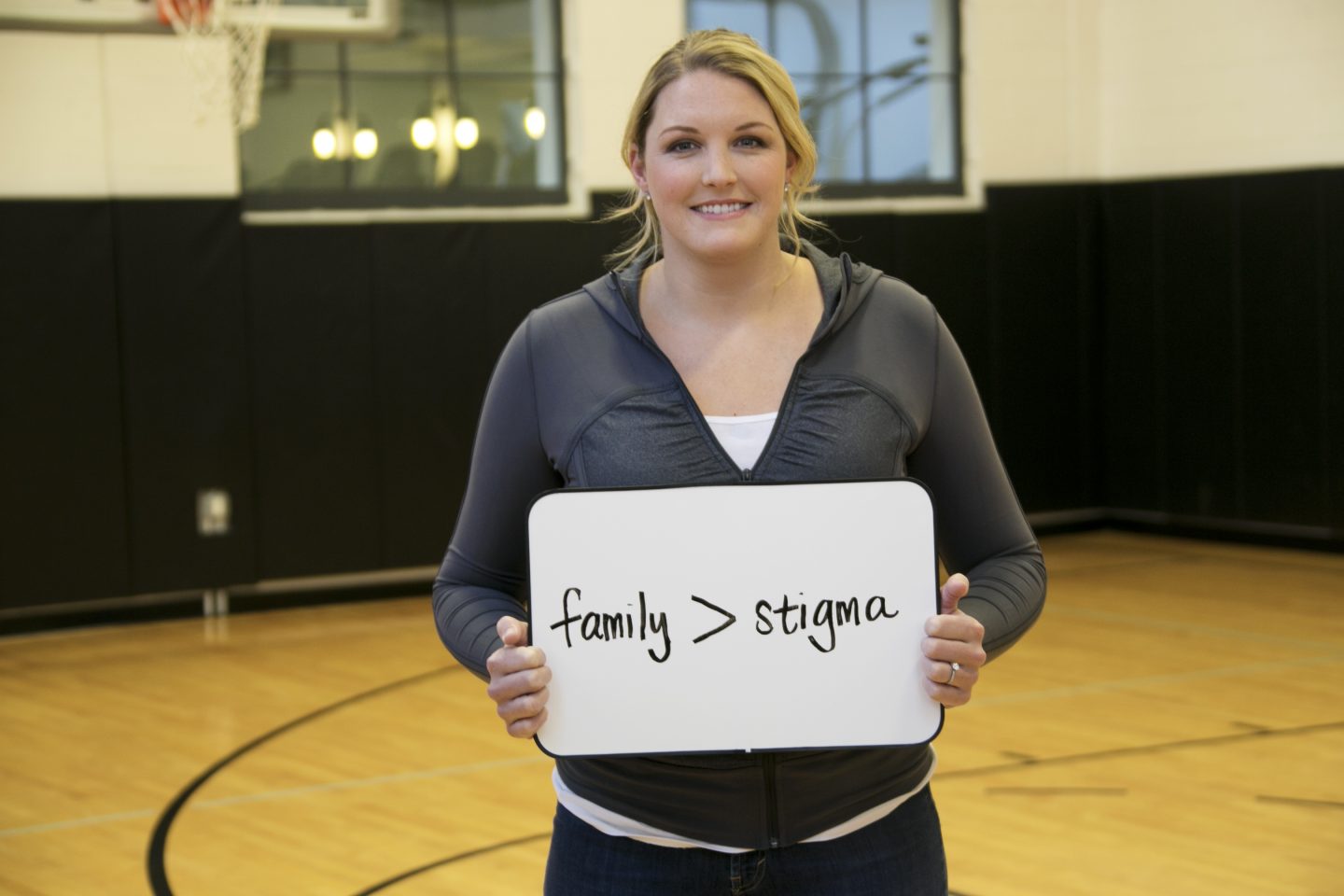Read the entire story on The Players’ Tribune

By Jayne Appel-Marinelli, retired WNBA player
An excerpt:
From the outside, we looked like a perfect, well-oiled machine. We were the family that people hoped to have.
Until the cops came.
That was the first time I realized something wasn’t quite so normal.
My coach pulled up to our house. Three police cars were sitting in the driveway.
“I’ll just take you to your neighbor’s house and you can hang out there until your parents can get you,” he said.
I didn’t know what was going on. Usually the police only come when something is wrong and you need help — that’s when you call them. Clearly, my parents needed help. I didn’t ask much, either. My friends and teammates were seeing all of this right beside me. They didn’t have cops at their houses. I was confused, but I was also embarrassed.
I went to my neighbor’s house and waited. After a few hours, my mom came to get me.
“What happened?” I asked.
“There was just a situation with one of your family members and we called for help,” she said.
She didn’t say much more than that, and as a family, we didn’t really address it. I figured it was a one-time thing.
But the episodes continued. The police came again. And again. They were at my house pretty often.
I didn’t know what was going on. Usually the police only come when something is wrong and you need help — that’s when you call them. Clearly, my parents needed help.
“Go upstairs,” my mom instructed us each time. And each time, my brothers and I went to our parents’ bedroom. We chose that room because there was a bathroom attached to it. We were going to be there for a while.
We could always hear yelling, but there were different voices. Sometimes it was the police or a neighbor, sometimes family, and other times, we weren’t sure. We never really knew what was actually happening downstairs. I’d turn the TV on and put the volume up to drown out the screams. They were panic-filled and terrified and angry. I didn’t want to hear any of it — probably for the same reason our mother sent us upstairs: protection. Not from danger but from the image we might have of our family member if we saw or heard too much.
There were about 10 episodes of that scale, but they weren’t predictable. Sometimes we would go six months without one, and sometimes there would be two in one month. The behavior of our family member developed slowly but consistently over time, becoming more prevalent throughout the years. At first, doctors explored different mood disorders and the diagnosis was bipolar. But with each mental psychotic breakdown, we weren’t sure.
It was a long process to reach a diagnosis. It can take years, generally, but we had to find the right doctors — medical and psychiatric — and the right medications, especially if they had side effects. It’s not like you can give a mentally ill patient a drug and ask them, “How do you feel?” A fully functioning person could answer that question with ease. If I broke my leg and was given medication, and asked, “Did this drug help the pain?” I could answer, “Yes, I feel better.”
Read the rest of Jayne’s story.
For more information on Jayne Appel-Marinelli’s mental health advocacy, and information on mental illness, visit www.bringchange2mind.org.
